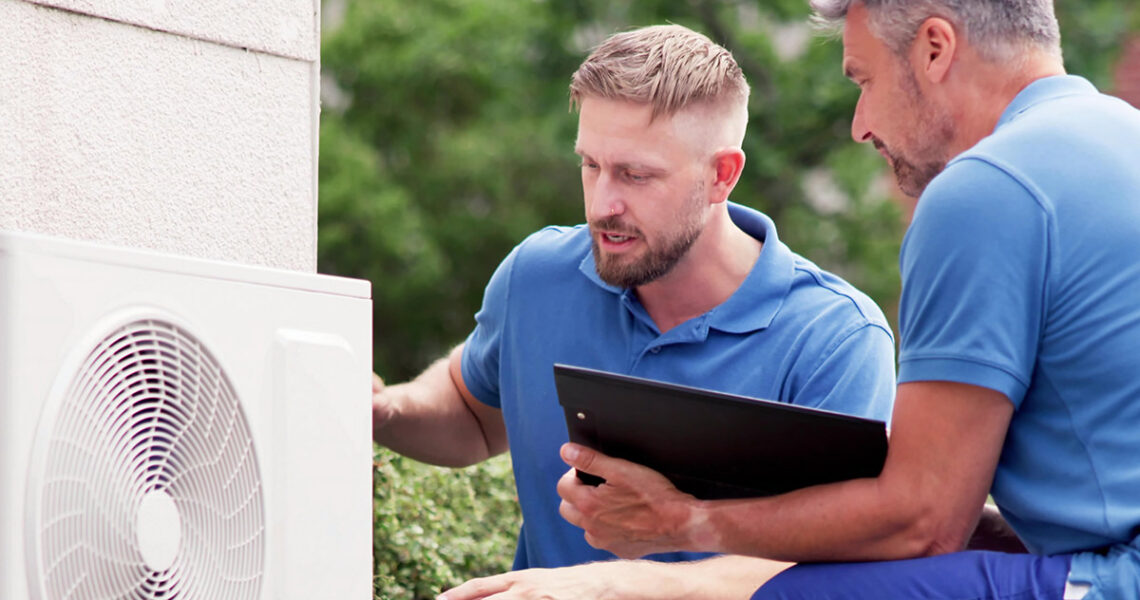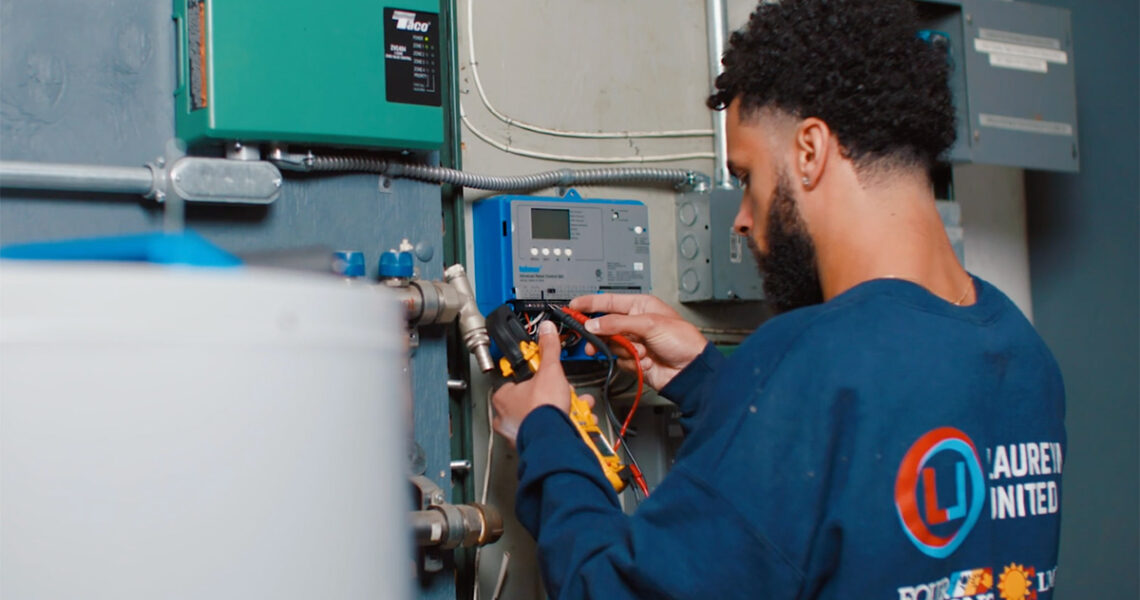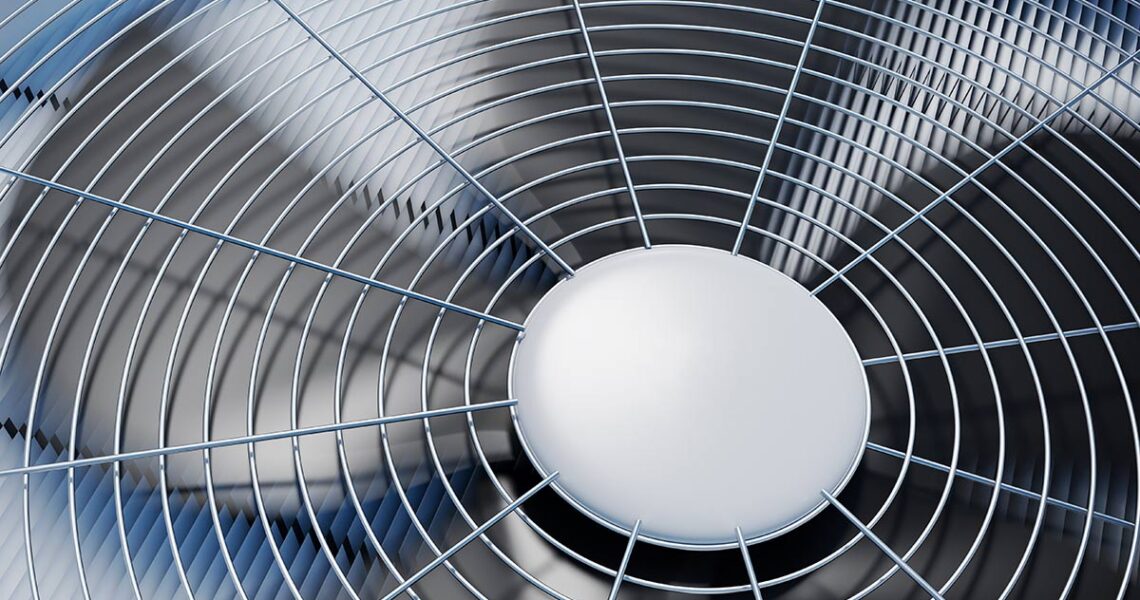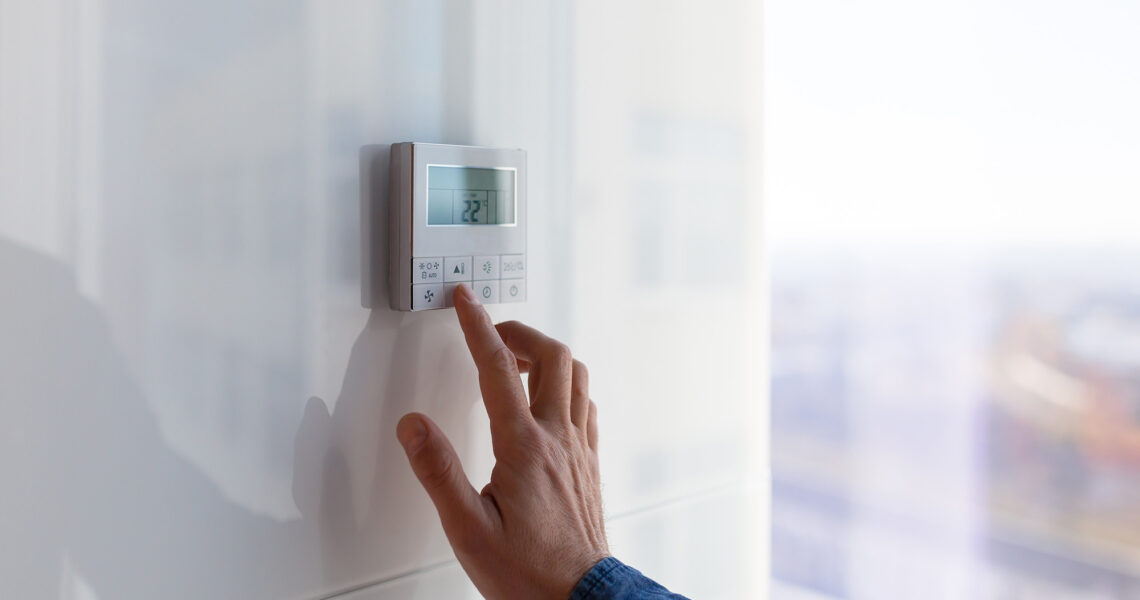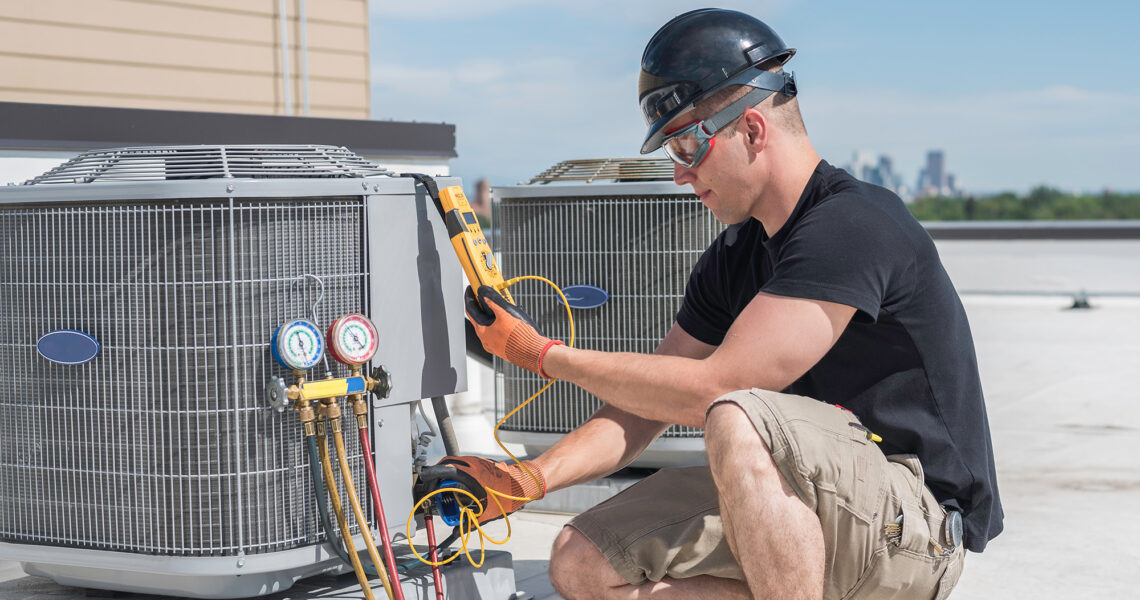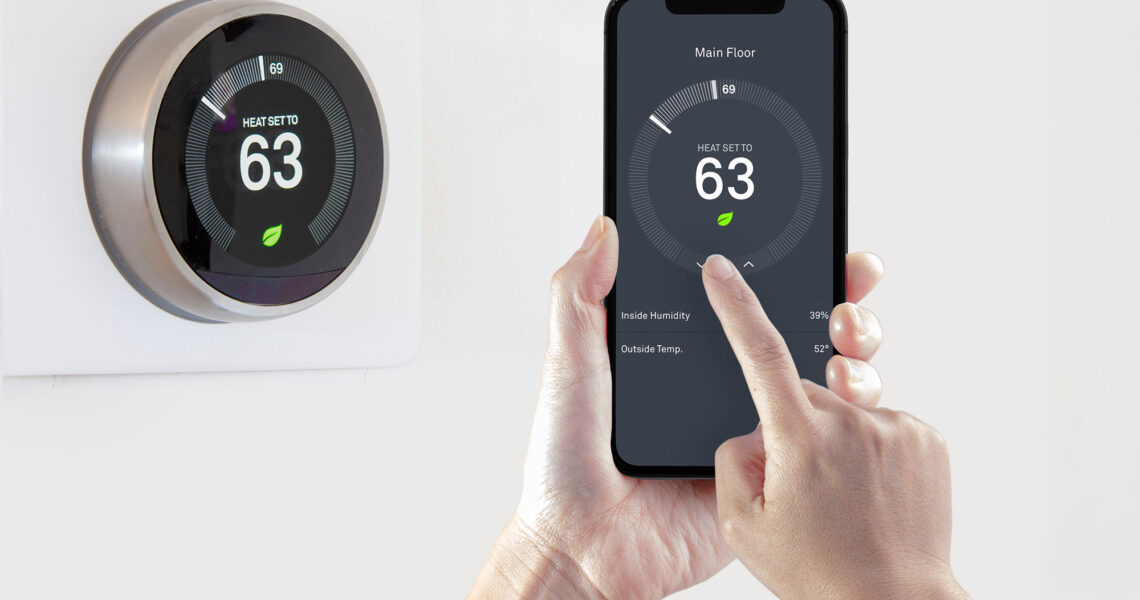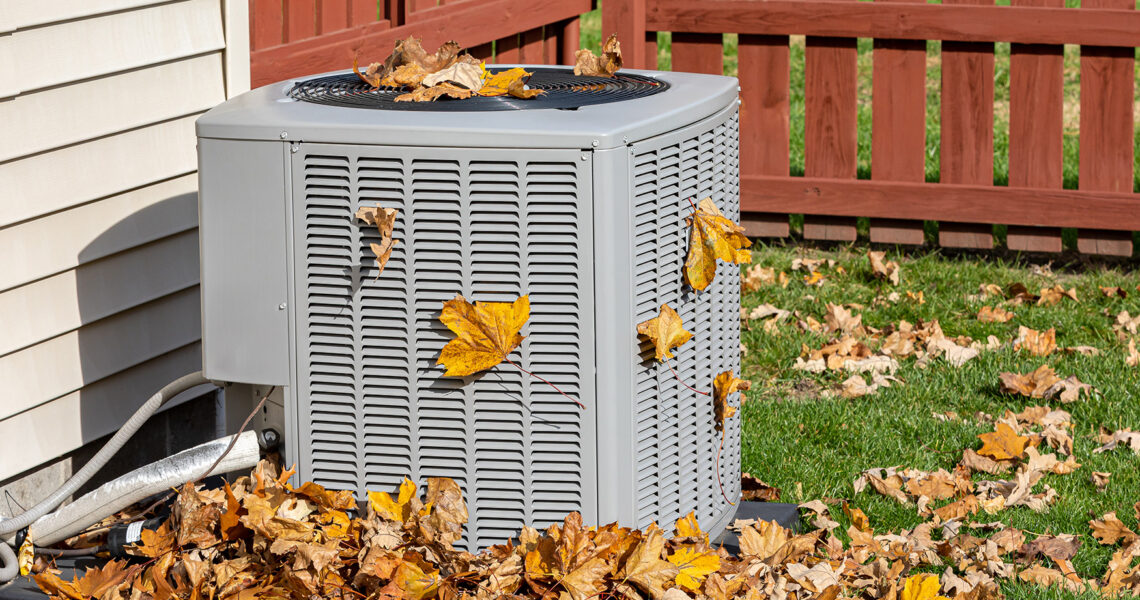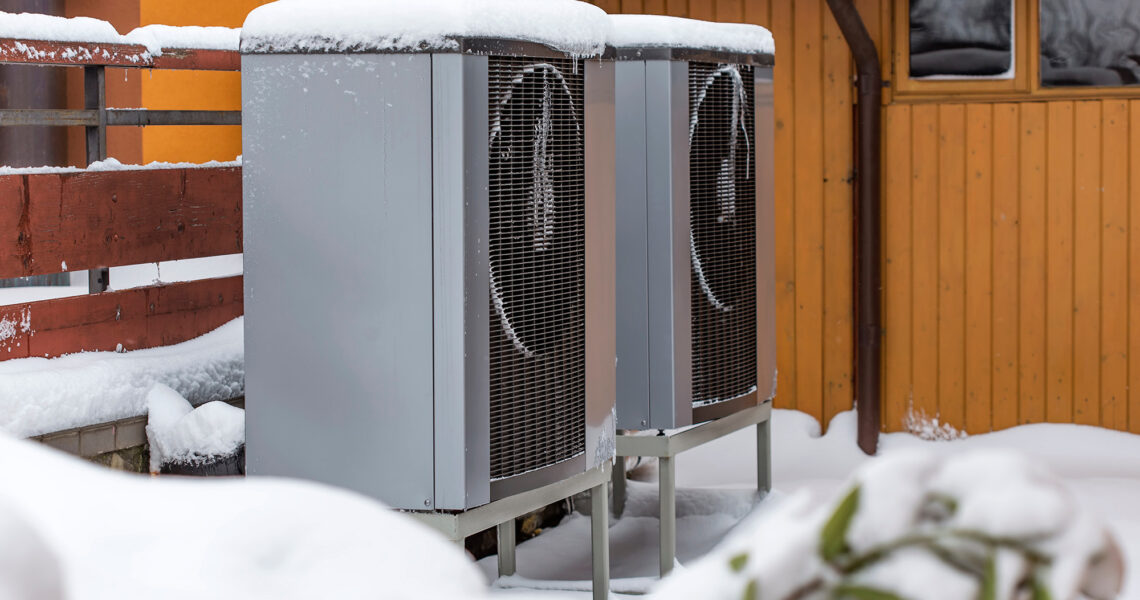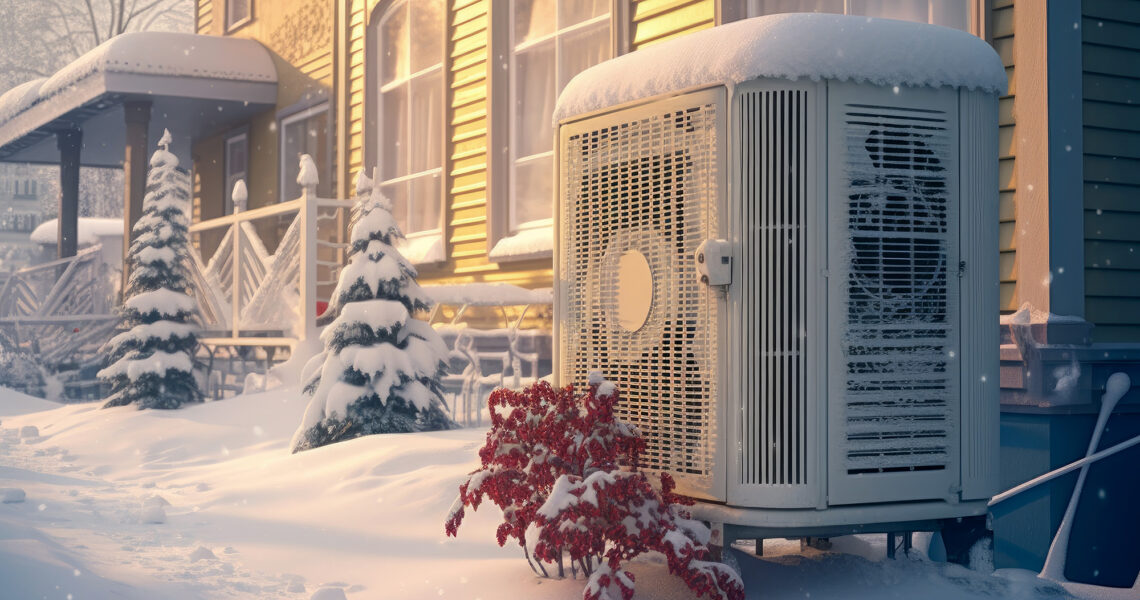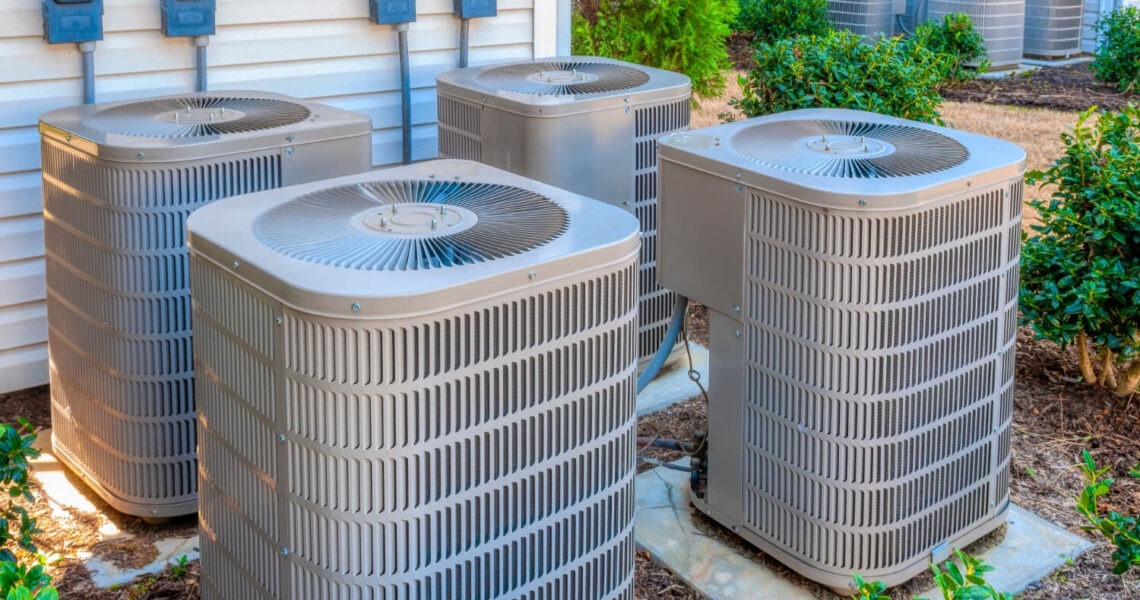How regular Residential HVAC Maintenance can help your home stay prepared for the Spring & Summer months
As the temperatures begin to rise and the days get longer, it’s essential to ensure that your home’s HVAC (Heating, Ventilation, and…
Selecting the right Residential Cooling Services company: What to look for when picking an Air Conditioning Service company
When it comes to keeping your home cool and comfortable, having a reliable air conditioning service company on speed dial is essential…
HVAC System Replacement: How to know when it is time to replace the HVAC System in your home?
Your home’s HVAC (Heating, Ventilation, and Air Conditioning) system is the unsung hero that keeps you comfortable year-round.
Comparing Central Air Conditioning vs. Ductless Systems
The Department of Energy states that heating and cooling systems consume a significant amount of energy, and HVAC units are no exception.
How Weather Affects HVAC Performance and Efficiency
The Department of Energy states that heating and cooling systems consume a significant amount of energy, and HVAC units are no exception.
The Benefits of Upgrading to a Smart Thermostat
The Department of Energy states that heating and cooling systems consume a significant amount of energy, and HVAC units are no exception.
What is the best month to get heating installed in your house
The Department of Energy states that heating and cooling systems consume a significant amount of energy, and HVAC units are no exception.
Getting your heating services ready for winter
The Department of Energy states that heating and cooling systems consume a significant amount of energy, and HVAC units are no exception.
What HVAC services are necessary before winter
The Department of Energy states that heating and cooling systems consume a significant amount of energy, and HVAC units are no exception.
Maximize your comfort: How to enhance your HVAC efficiency
The Department of Energy states that heating and cooling systems consume a significant amount of energy, and HVAC units are no exception.

